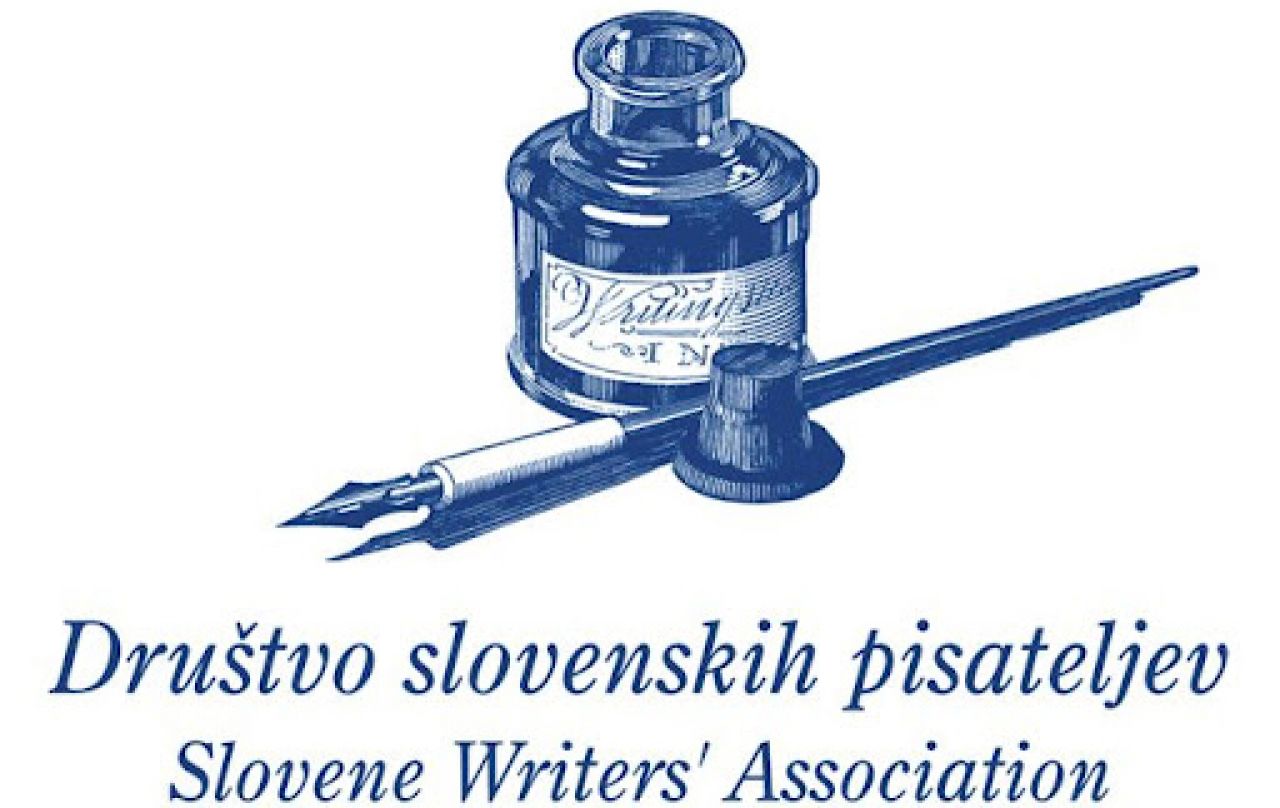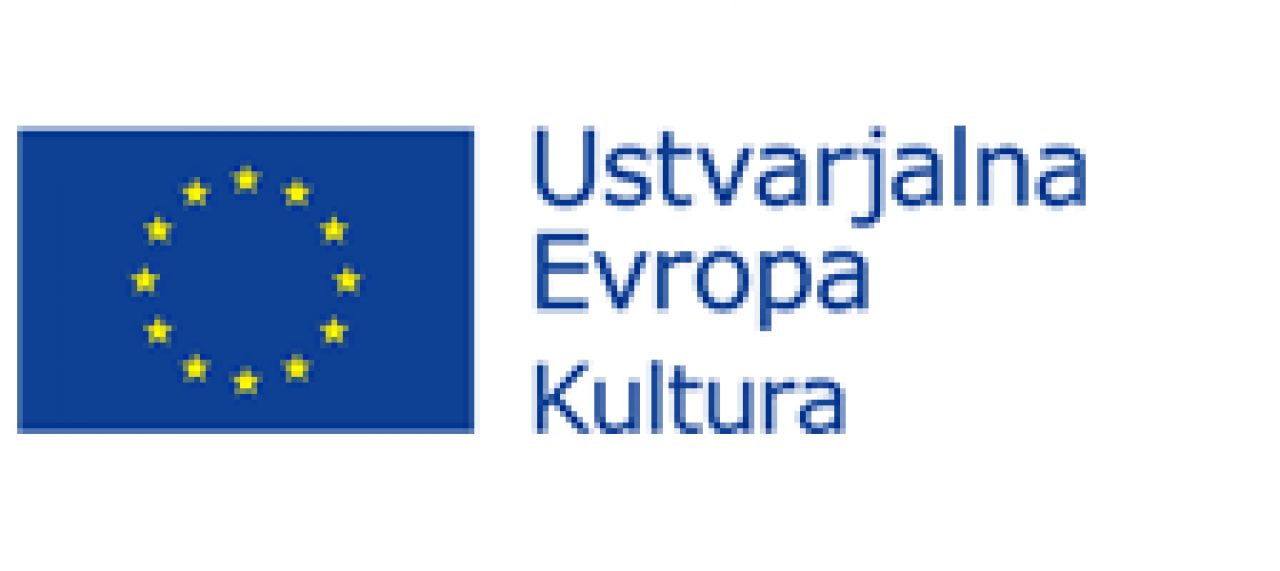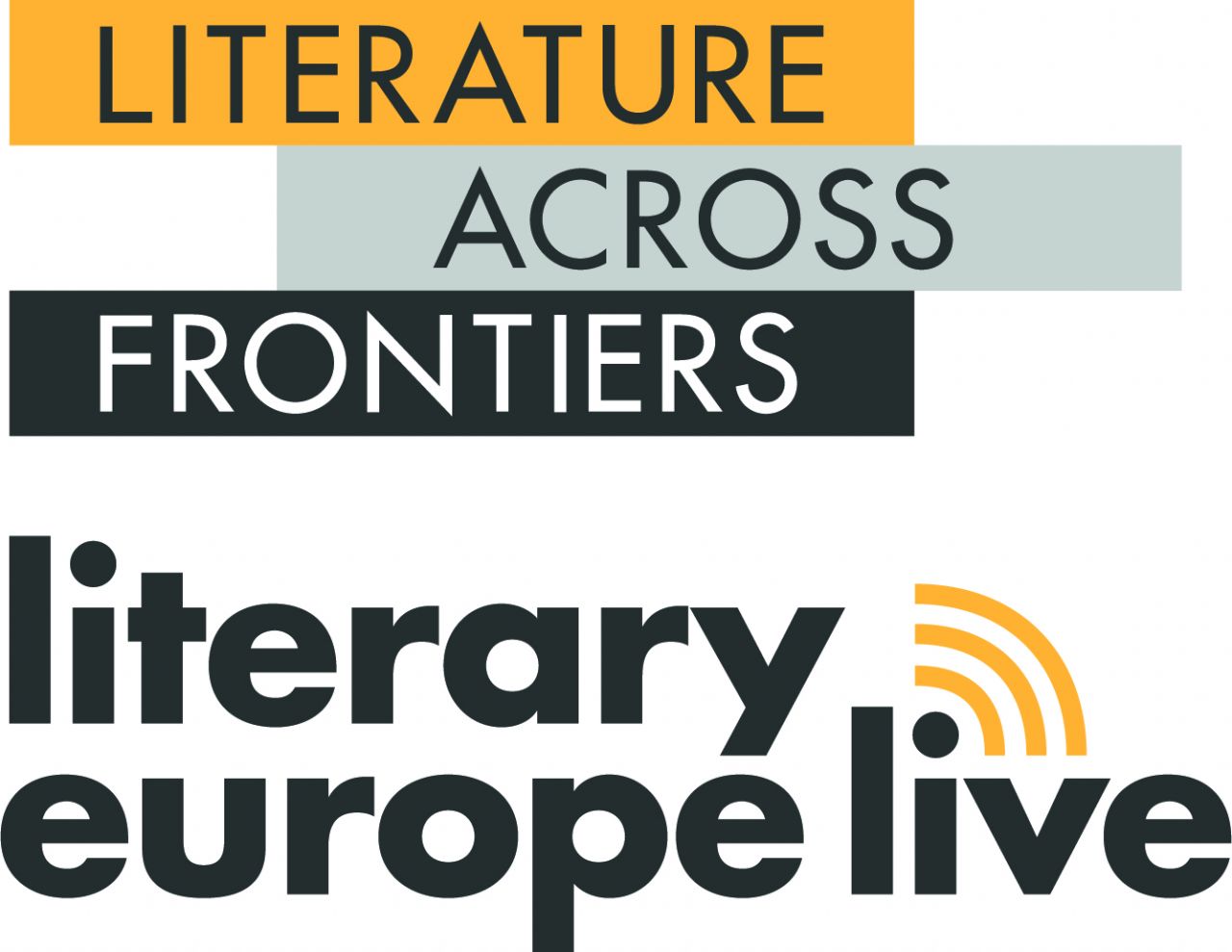Juana Adcock (Mexico/Scotland), Albert Forns (Spain), Anja Golob (Slovenia)
Saturday, November 26, at 18.00 at Café in Modern Gallery (Cankarjeva 15, 1000 Ljubljana).
The discussion will be moderated by Igor Divjak.
An international jury ranked the Scottish-Mexican Juana Adcock, the Catalonian Albert Forns, and Slovenia’s own Anja Golob among the ten most exciting literary voices in Europe. What these creators have in common is, especially, that they understand poetry to be an unveiling of modern reality, that they do not limit themselves to a literature that is sequestered within the ivory tower and that is only concerned with itself. Juana Adcock’s poetry explores the anatomy of violence in society and reveals dark existential feelings. She also devotes herself to the topics of banishment and homelessness. As a translator, she participated in the creation of a Scottish anthology of contemporary Palestinian poetry. Albert Forns is a harsh critic of any fiction created only for the sake of fiction itself. In Jambalaia, his second novel, he satirizes the lives of foreign writers in American creative colonies where it is soon apparent that their enterprises have no connection with the reality of the increasingly stratified society that surrounds them. Not only a writer, Forns is also a journalist, a promotor of international and Catalonian online culture, and he cooperates with the Centre for Contemporary Culture in Barcelona. This year Anja Golob, in addition to being named one of the ten most exciting literary voices in Europe, won, for the second time in three years, the Jenko Prize, affirming her as one of the leading creators in present-day Slovenia. Her literary work as well as her work as a critic are characterized by an unyielding commitment and struggle against any sort of defeatism. On receiving the award, she drew attention to the unacceptable behaviour of European and Slovenian politics in terms of refugees and the nightmarish, pseudo-fascist atmosphere that is now so evident in Slovenia. She has asserted herself as the voice of a generation that has remained without prospects; in her poetry, articles and interviews alike she has continually sworn to the value of resistance and social change. As a starting-point for this discussion, which will be led by the literary critic and translator Igor Divjak, we will borrow Golob’s insight that we are living in times in which the system constantly provokes you into crying out, but when you scream they place a pillow over your mouth. How, then, can one scream, how can you address the public in these horrific times?
 |
 |
 |
 |